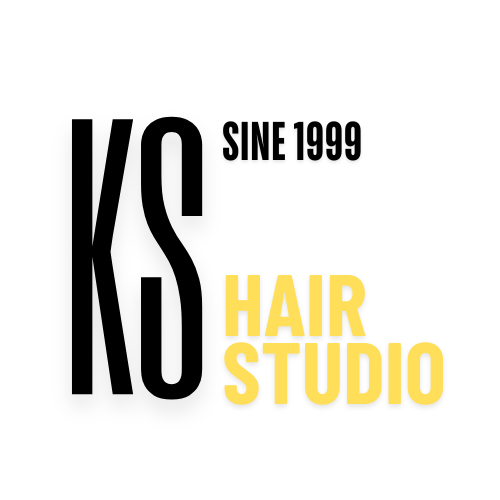Environmental factors can have a profound impact on the health of our hair. From pollution to UV radiation, hard water, and humidity, these external stressors weaken hair, leading to breakage, dryness, and even hair loss. Understanding how these factors affect hair can help you protect it and maintain its health despite exposure to harmful elements.
How Environmental Stressors Affect Hair Health
Pollution and Its Impact on Hair
Pollution in urban areas can significantly harm your hair. Airborne pollutants such as dust, smog, and smoke particles settle on the scalp and strands, causing the hair follicles to become clogged. This leads to an oily scalp, scalp inflammation, and increased hair shedding.
- How it affects the scalp: Pollution can trigger scalp conditions like dandruff, itching, and even folliculitis.
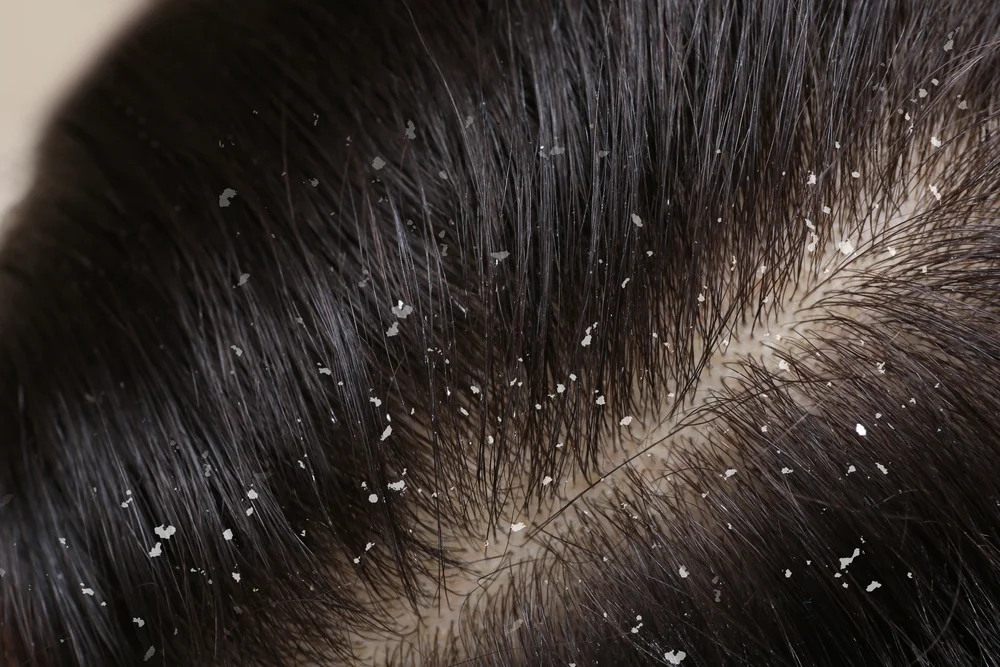
- How it affects the hair: Hair fibers lose their shine and strength due to oxidative stress from free radicals present in the environment. This stress weakens the hair’s outer layer, making it prone to breakage and split ends.
Solutions:
- Use clarifying shampoos to remove pollutants from the scalp.
- Incorporate products with antioxidants like vitamin E and vitamin C to neutralize free radicals.
- Try protective styles to minimize direct exposure to polluted air.
UV Radiation and Sun Damage
Much like skin, hair is susceptible to damage from the sun’s UV rays. Prolonged sun exposure can degrade hair proteins, cause color fading, and dry out your strands, leading to breakage.
- How UV rays affect the scalp: UV radiation dries out the scalp, reducing its natural oils, which protect and nourish hair follicles. This leads to brittle hair, breakage, and even sunburn on the scalp.
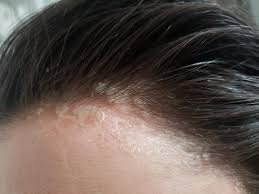
- How UV rays affect the hair shaft: UV exposure causes the hair cuticle (the outer layer) to weaken and crack, resulting in loss of moisture and color fading, especially in color-treated hair.
Solutions:
- Use UV-protective sprays or leave-in conditioners with built-in SPF to shield your hair.
- Opt for wide-brimmed hats or scarves when spending long hours outdoors to physically block UV rays.
- Nourish your hair with natural oils like coconut or argan oil that offer some level of UV protection.
Hard Water and Its Effects on Hair
Hard water, rich in minerals like calcium and magnesium, is notorious for causing hair damage. When these minerals build up on the hair, they weigh it down, making it dull, dry, and brittle.
- How hard water affects the scalp: Hard water makes it difficult for the scalp to stay clean, as it leaves behind a residue that clogs pores and causes dandruff or irritation.
- How hard water affects the hair fibers: Minerals from hard water can strip moisture from the hair, leaving it feeling rough and more prone to breakage. Over time, hair may lose its elasticity and volume.
Solutions:
- Install a shower filter to reduce the effects of hard water on your hair.
- Use chelating shampoos once a week to remove mineral build-up.
- Apply a vinegar rinse to help balance the pH of your hair and remove mineral residue.
Humidity and Seasonal Hair Changes
Changes in humidity, especially during summer or winter, affect the moisture balance in your hair. High humidity causes hair to swell and become frizzy, while low humidity leads to dryness and static.
- How humidity affects the scalp: High humidity encourages the growth of yeast on the scalp, contributing to dandruff. Low humidity, on the other hand, dries out the scalp, causing flakiness and itchiness.
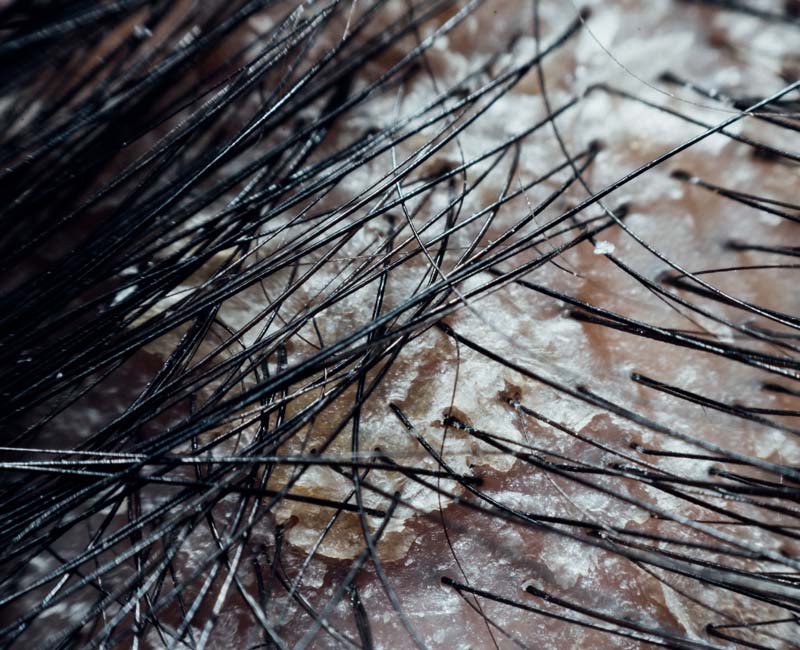
- How humidity affects the hair structure: Hair in humid environments tends to swell, leading to increased frizz and lack of smoothness. Cold and dry air, conversely, strips moisture from hair, resulting in dryness, breakage, and split ends.
Solutions:
- For humid conditions, use anti-humidity serums and leave-in conditioners to seal the hair cuticle and reduce frizz.
- During dry seasons, apply deep conditioning masks or leave-in treatments to maintain moisture levels.
- Adjust your styling routine to include heat-protectant sprays to minimize damage from hot tools used for styling in different climates.
How to Protect Hair from Environmental Damage
Use Protective Hair Products
Incorporating protective products into your hair care routine is one of the most effective ways to shield your hair from environmental stress.
- Pollution-blocking sprays and serums: Look for products that create a protective barrier on your hair to prevent pollutants from sticking.
- UV-protective leave-ins: Use hair care products that contain SPF or natural UV filters like shea butter and oils to prevent sun damage.
- Chelating shampoos: These are specifically designed to counteract hard water damage by removing mineral build-up.
Protective Hairstyles
Opting for protective hairstyles reduces your hair’s exposure to environmental elements. Styles like braids, buns, or twists shield the hair strands and reduce breakage, especially in polluted areas or harsh weather conditions.
- Buns and updos: Great for reducing direct exposure to the sun and pollutants.
- Headwraps and hats: An excellent way to keep hair protected from both UV rays and airborne particles.
Lifestyle Changes for Long-Term Hair Protection
Nutritional Support
Hair health starts from the inside out, so maintaining a balanced diet rich in vitamins and antioxidants helps fight environmental damage.
- Antioxidants: Consuming foods high in antioxidants (like berries, nuts, and green tea) can help protect your hair from oxidative stress caused by pollution and UV exposure.
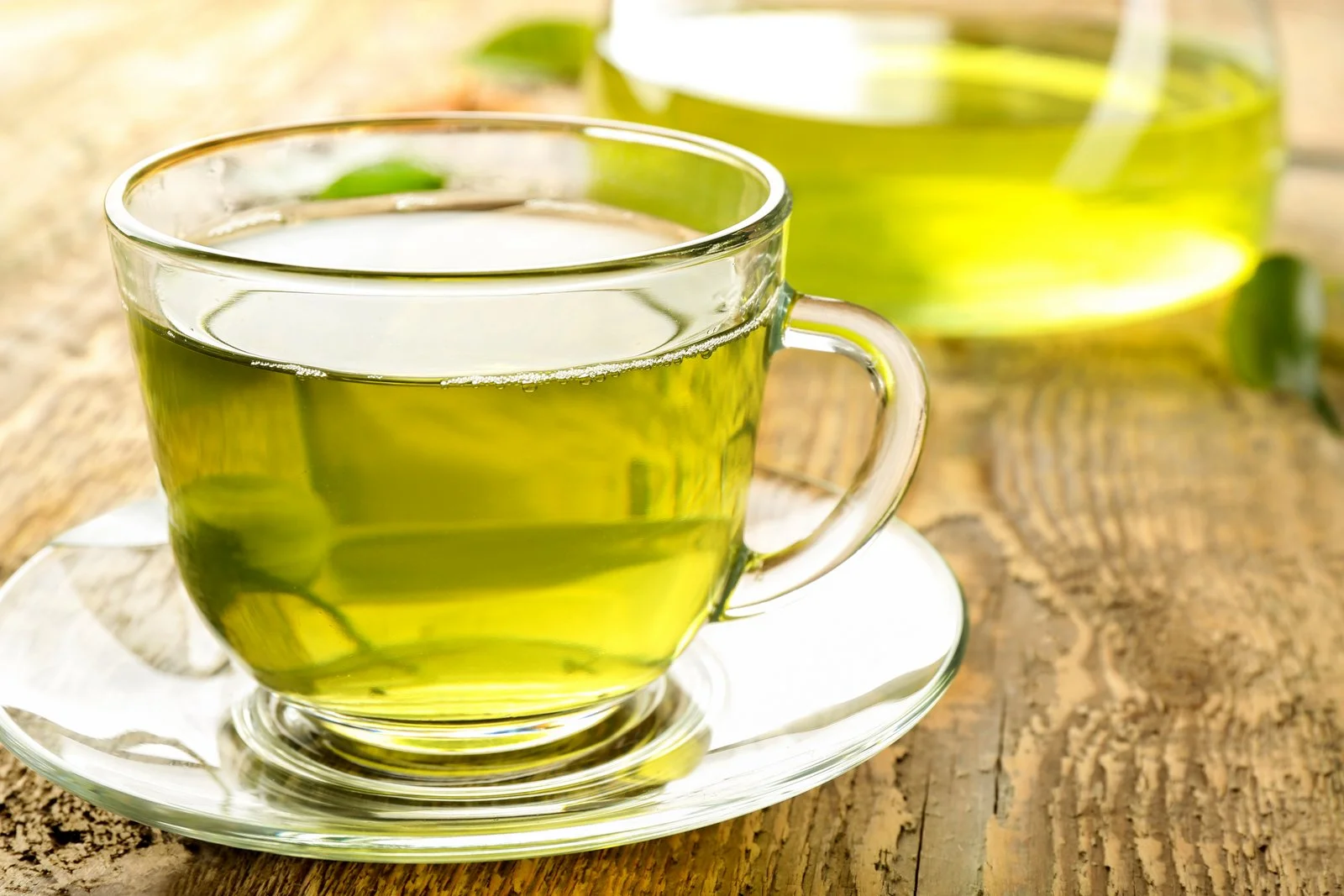
- Vitamins D and E: Both are essential for maintaining strong and healthy hair, offering protection from sun damage.
Reduce Environmental Exposure
While it’s impossible to avoid all environmental stressors, there are ways to limit exposure:
- Limit outdoor activities during peak UV hours.
- Avoid highly polluted areas or wear a hat or scarf if you must go out.
Detox Hair Care Routine
Regularly detoxifying your hair will help rid it of impurities from pollution and hard water.
- Charcoal-based treatments: Charcoal effectively pulls toxins and impurities from hair and scalp.
- Clay masks: These are great for deeply cleansing the scalp and hair, removing product buildup, and eliminating pollutants.
Recommended Hair Products for Environmental Protection
- Best Pollution-Blocking Serums: Look for brands that specifically cater to urban dwellers or those exposed to high levels of pollution. Pollution-blocking products like the Living Proof Perfect Hair Day or Aveda Sun Care range can shield your hair.
- UV-Resistant Hair Products: Sprays with built-in UV protection, such as Bumble and Bumble’s Hairdresser’s Invisible Oil, are ideal for long outdoor days.
- Shampoos for Hard Water: Consider chelating shampoos like Malibu C Hard Water Wellness or Ouidad Water Works Clarifying Shampoo to combat mineral build-up from hard water.
FAQ Section
1. How does pollution affect hair health?
Pollution damages hair by clogging follicles, causing oxidative stress that leads to dryness, breakage, and scalp irritation.
2. How can I protect my hair from UV rays?
Use hair products with SPF, wear hats, and apply natural oils like coconut or argan oil that offer some UV protection.
3. What are the signs of hard water damage on hair?
Hard water damage can make hair feel rough, heavy, and brittle. It may also lead to dullness, tangling, and scalp issues.
4. How can I maintain healthy hair in humid climates?
To combat frizz and dryness in humid climates, use anti-humidity serums, leave-in conditioners, and opt for protective hairstyles.
By understanding the impact of environmental stressors on your hair and making informed choices about products, lifestyle changes, and protective measures, you can keep your hair healthy and vibrant despite external challenges.

My name is Nichelle, a beauty blogger with a passion for sharing knowledge and experience in beauty, especially hair care. I am currently collaborating with KS Hair Studio to bring you truly high-quality content such as sharing knowledge, product reviews, and my own hair care journey. Follow Nichellex and KS Hair Studio to discover hair care secrets together!
